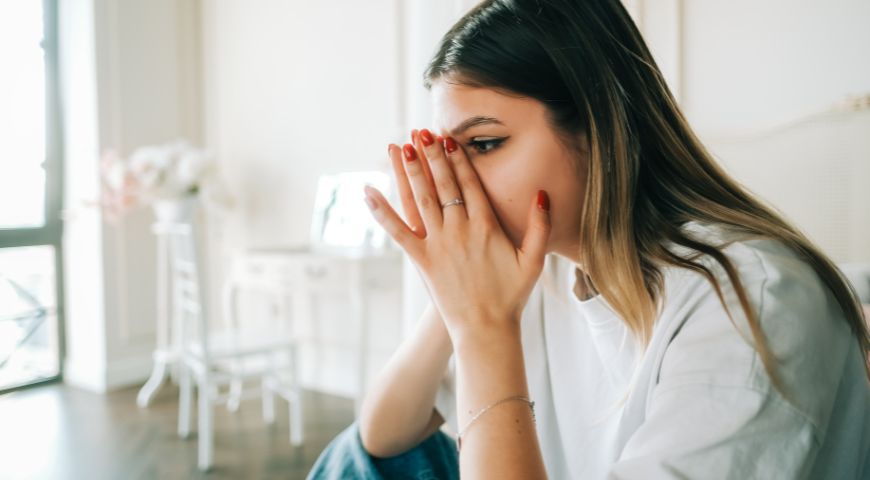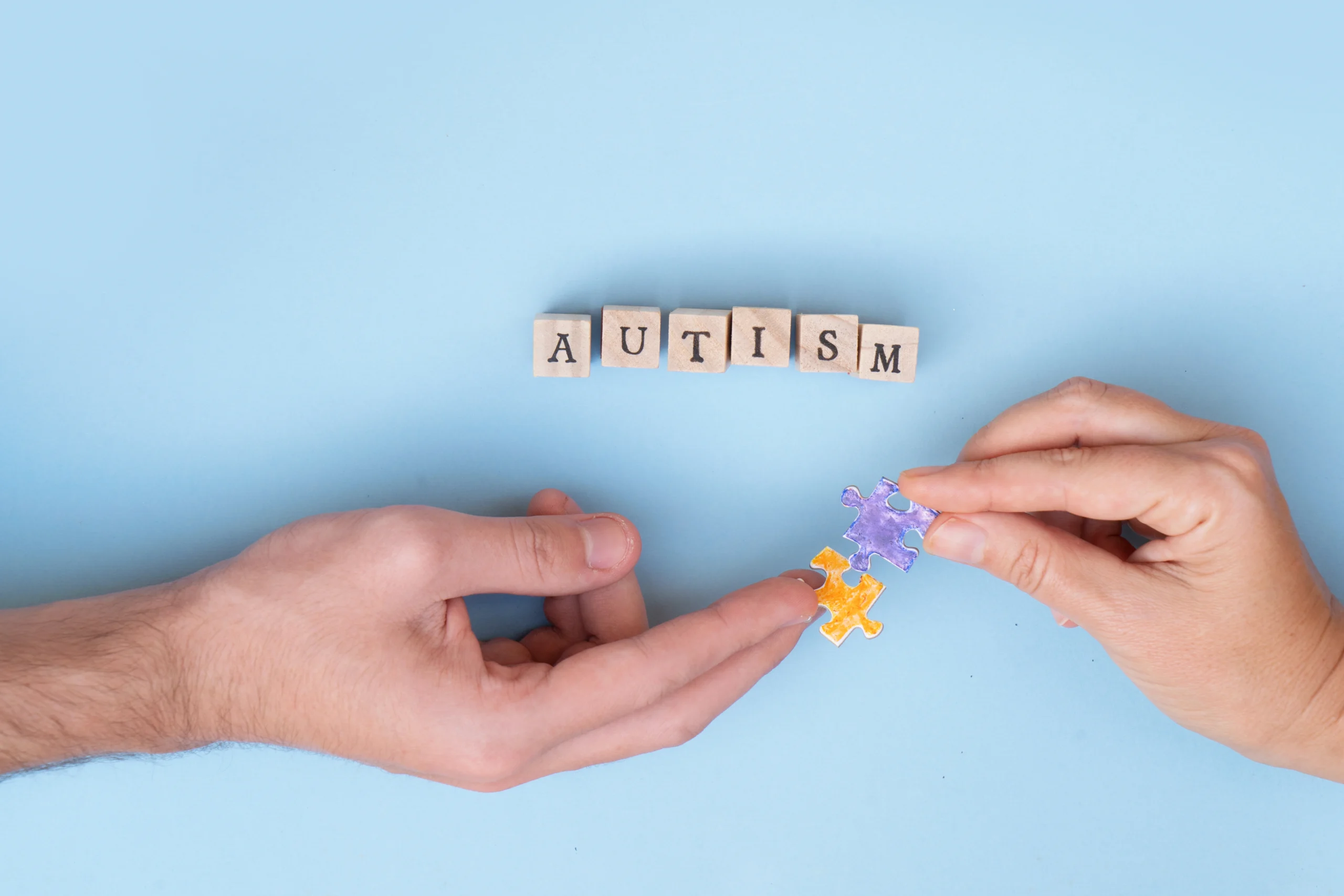As a therapist who works with individuals worldwide, I often see clients who are dealing with anxiety in various forms. Anxiety is a natural emotion, but when it becomes overwhelming and persistent, it can interfere with daily life. It’s important to recognize the signs of anxiety early and know when to seek professional help. Whether you’re experiencing anxiety yourself, noticing it in your child, or supporting a loved one, understanding the symptoms is the first step toward healing.
What is Anxiety?
Anxiety is the body’s natural response to stress. It’s a feeling of fear or apprehension about what’s to come. While it’s normal to feel anxious about significant life events or changes, chronic anxiety can signal an anxiety disorder. In my practice, I provide anxiety treatment in Mumbai and globally, helping individuals regain control of their mental well-being. Anxiety disorders come in different forms, and each person may experience it uniquely.
Common Signs of Anxiety
Recognizing the symptoms of anxiety can be challenging because the signs often overlap with other mental health conditions. However, there are a few common indicators:

- Excessive Worrying
If you find yourself constantly worrying about everyday situations—whether they are big or small—this could be a sign of anxiety. The worrying is often out of proportion to the actual event, and it can be difficult to control these thoughts. - Restlessness or Feeling On Edge
Many people with anxiety report feeling restless or jittery, unable to relax. This restlessness can affect their ability to concentrate, making everyday tasks seem overwhelming. - Physical Symptoms
Anxiety doesn’t just affect the mind; it can manifest physically too. Common physical symptoms include an increased heart rate, muscle tension, headaches, stomach issues, and sweating. As an OCD specialist in Mumbai, I’ve seen how physical symptoms can often accompany obsessive-compulsive behaviors, further complicating how anxiety presents itself. - Avoidance of Triggers
One of the hallmark signs of anxiety is avoidance. Whether it’s avoiding social situations, work tasks, or anything that triggers fear, this avoidance can limit a person’s ability to function in daily life. - Sleep Problems
Trouble falling or staying asleep is another common sign of anxiety. Racing thoughts or worries can keep someone awake at night, affecting their overall health and well-being. - Irritability
People with anxiety are often more irritable, which can affect their relationships with friends, family, and coworkers.
Recognizing Anxiety in Children
Anxiety isn’t just something that affects adults; children can experience it too. As a child counselor, I often work with kids and parents to help them understand the unique ways anxiety manifests in children. Children might not be able to articulate their feelings of worry or fear, but their behavior can give clues. For example, frequent stomachaches, avoiding school, or being overly clingy can be signs of anxiety in children. If you notice these behaviors in your child, it may be time to seek professional guidance.
When to Seek Help
While occasional anxiety is a normal part of life, it’s crucial to seek help if it starts interfering with daily activities. If you’re constantly feeling overwhelmed or unable to cope with your anxiety, reaching out to a professional can provide relief. As one of the therapists in Mumbai, I work with individuals globally to help manage anxiety and develop strategies to live a more balanced life.
If you’re unsure whether you’re dealing with anxiety, taking a mental health screening or an anxiety assessment can provide clarity. If anxiety is affecting your work, relationships, or ability to enjoy life, therapy can help. Cognitive Behavioural Therapy (CBT), which I use regularly, is an effective treatment for anxiety. It helps individuals understand and change their negative thought patterns and behaviors.
How Therapy Helps with Anxiety
In my practice, I’ve seen the transformative power of therapy when it comes to managing anxiety. Whether through individual therapy or group therapy, I help clients explore their anxiety triggers and develop healthier coping mechanisms. Techniques like CBT are instrumental in helping clients reframe their thinking and build resilience against anxiety.
For individuals with specific types of anxiety disorders, like obsessive-compulsive disorder (OCD), specialized therapy can be particularly effective. As an OCD specialist in Mumbai, I often work with clients using Exposure and Response Prevention (ERP), a therapy designed to help individuals confront their fears and reduce compulsive behaviors.
Final Thoughts
Recognizing the signs of anxiety is the first step in managing it. If you’re struggling with anxiety, whether as an adult or a parent noticing symptoms in your child, it’s important to reach out for help. Therapy provides a safe, supportive space to explore these feelings and develop effective strategies for managing anxiety.If you’re looking for anxiety treatment in Mumbai or anywhere else in the world, I’m here to help guide you through the process. Remember, you don’t have to face anxiety alone—seeking professional support can make all the difference in living a healthier, more balanced life.




